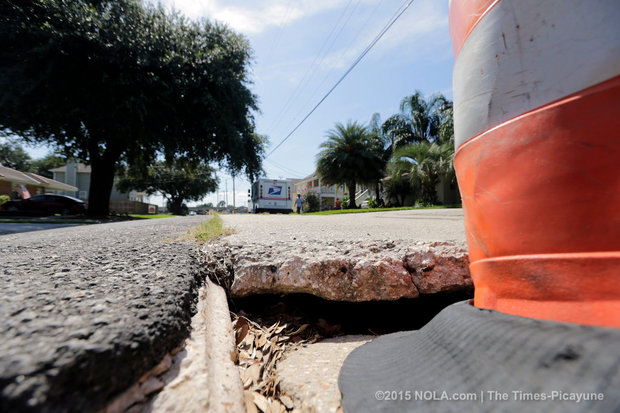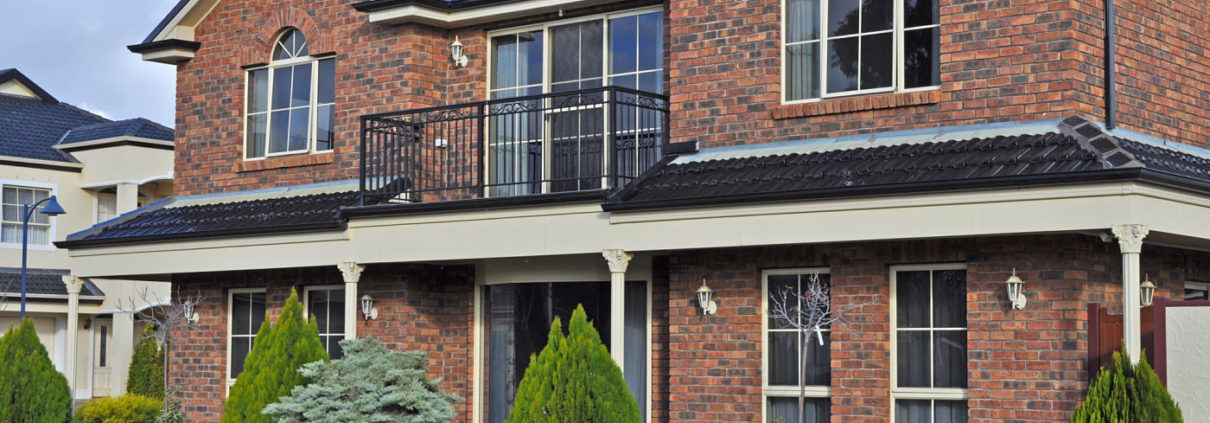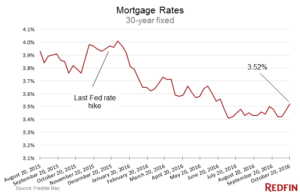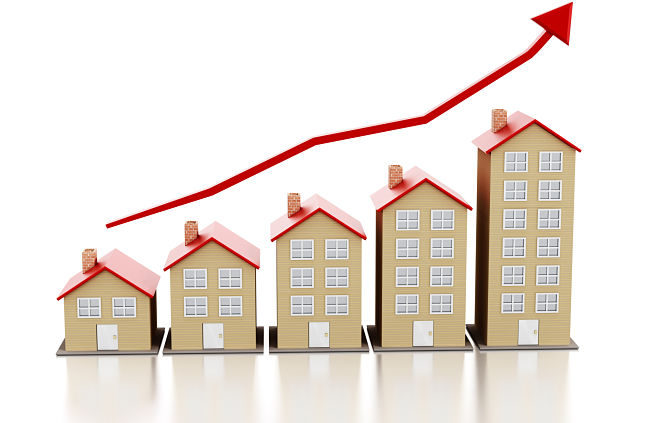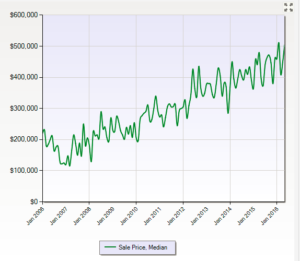5 Valuable Tips For The Spring Seller
5 Valuable Tips For The Spring Seller
With Spring right upon us, the real estate market is sure to heat up. If you are considering putting your home on the market, or it has been on the market since before the new year, I will share with you 5 valuable tips to help you rake in those offers.
1. De-clutter Your Home
We all tend to collect extra items during the holiday season, and surround ourselves with more unnecessary “rick-rack” during these cooler months. The additional clutter inside our homes can turn off even the most motivated buyer. Spring is a great time to sort through your home and remove any unnecessary items from your living space, closets, and garage.
You can always pack up your favorite things that have accumulated and store them in an attic or basement. Items that you are willing to part with, such as clothing that is out of style or no longer fits, decor that you have become tiresome of, and anything else with life left in it, can be donated. This will clear out some space and can give you a tax write off for April 15th.
As you remove items, you will also be giving the prospective Buyers a better view of where their belongings will fit, if they were to purchase your home.
2. Light & Bright Decor
 Spring is a great time to pull out the light, breezy and most colorful items of decor that you may have for your home. Start by adding some colorful throw pillows, area rugs and bedding. A few pops of color here and there can change the way an entire room feels with minimal expense and labor on your part. Don’t limit color and pizazz to one or two main rooms, in addition the kitchen is often a forgotten place to add decor. Buyer’s tend to gravitate toward the kitchen on showing appointments, therefore don’t be afraid to jazz it up. Most of all, remember, a little goes a long way in decorating.
Spring is a great time to pull out the light, breezy and most colorful items of decor that you may have for your home. Start by adding some colorful throw pillows, area rugs and bedding. A few pops of color here and there can change the way an entire room feels with minimal expense and labor on your part. Don’t limit color and pizazz to one or two main rooms, in addition the kitchen is often a forgotten place to add decor. Buyer’s tend to gravitate toward the kitchen on showing appointments, therefore don’t be afraid to jazz it up. Most of all, remember, a little goes a long way in decorating.
3. Step Outside
When Buyers look at Homes For Sale in your area, you want to get a jump on the competitions curb appeal. By adding a few colorful bedding plants, and mowing the grass, your yard will  come alive! Take inventory of dirty sidewalks, driveways and the exterior of your home. If need be, hire a professional to pressure wash away the winter. If you want to save some cash, you can rent a pressure washer at your local hardware store, and do the work yourself.
come alive! Take inventory of dirty sidewalks, driveways and the exterior of your home. If need be, hire a professional to pressure wash away the winter. If you want to save some cash, you can rent a pressure washer at your local hardware store, and do the work yourself.
4. Don’t Miss A Great Photo Op
Whether or not your home is a new, or existing listing, be sure to check your online photos. , This is a great time to take current photos, especially relevant if your photographs are from the cooler months. By now, you have spruced up the curb appeal, added color and cleaned, mowed and mulched, so use that hard work to your marketing advantage. In addition to updating your exterior photos, use this opportunity to snap some current shots of the interior of your home. Ask your REALTOR® to come back out and update your online images.
5. Priced To Sell
 In conclusion, Spring is a great time to put your home on the market. Make selling your home a breeze, by following these tips, and more that can be found at www.nolahomesearch.com.
In conclusion, Spring is a great time to put your home on the market. Make selling your home a breeze, by following these tips, and more that can be found at www.nolahomesearch.com.


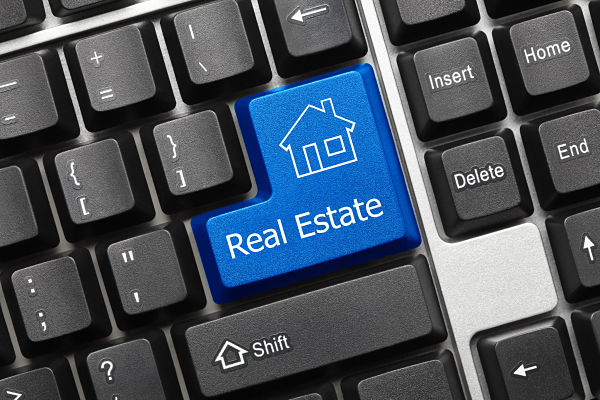



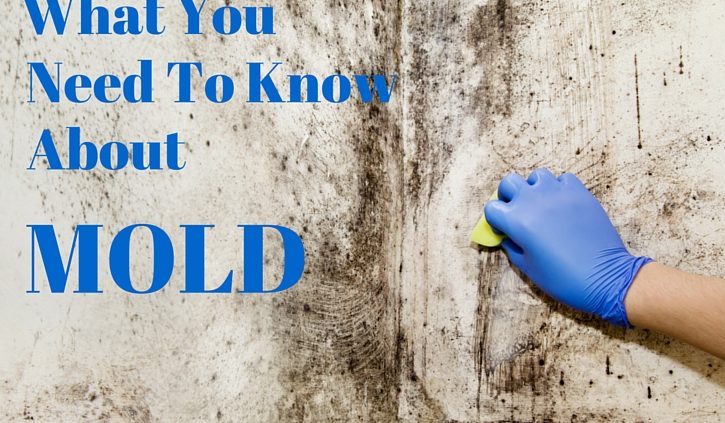
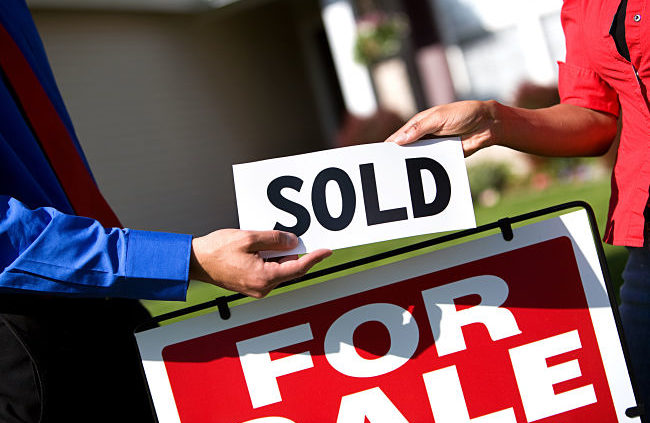
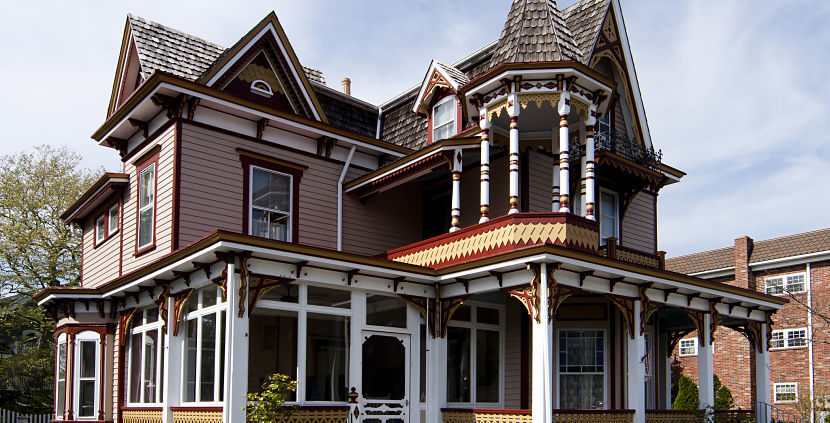
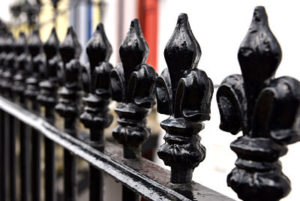
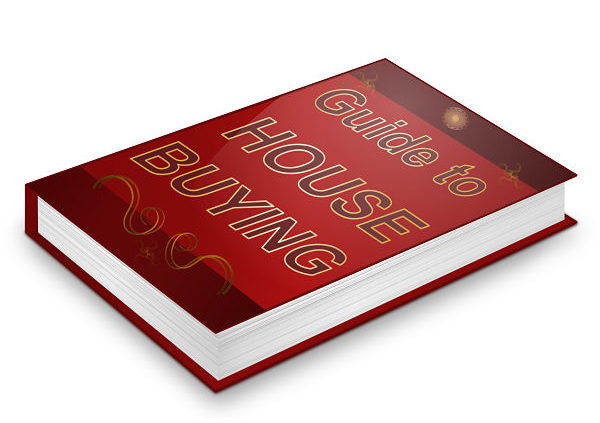
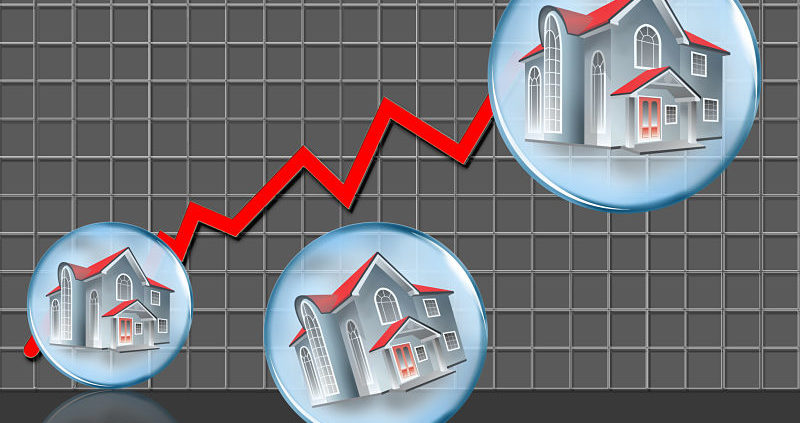
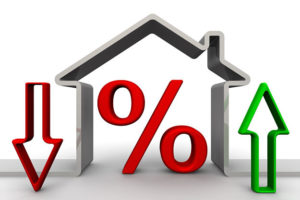


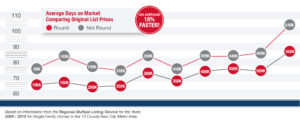
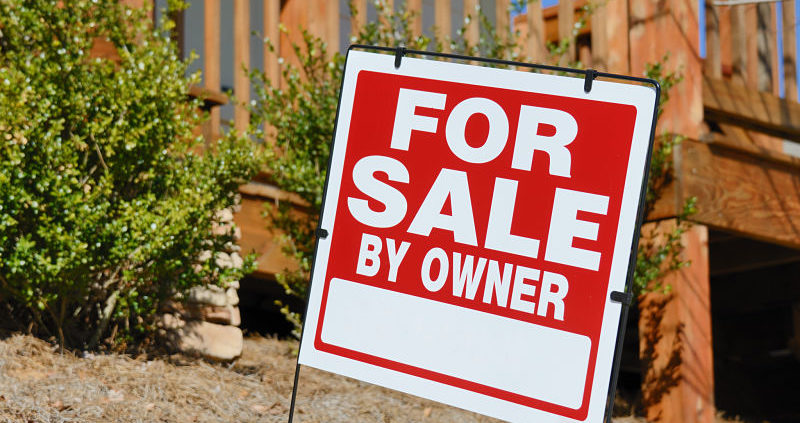




 Another important factor in selling your house is decluttering and depersonalizing. If you need to, rent a storage unit or borrow a kind family members’ garage for a while. You want to accentuate the space in your house. Clean out closets so they are not overflowing, take a bunch of stuff out of your pantry and your kitchen cabinets. If there isn’t quite as much inside, it will give the appearance of being bigger. Also take most or all of the things off of tables and counters.
Another important factor in selling your house is decluttering and depersonalizing. If you need to, rent a storage unit or borrow a kind family members’ garage for a while. You want to accentuate the space in your house. Clean out closets so they are not overflowing, take a bunch of stuff out of your pantry and your kitchen cabinets. If there isn’t quite as much inside, it will give the appearance of being bigger. Also take most or all of the things off of tables and counters.

